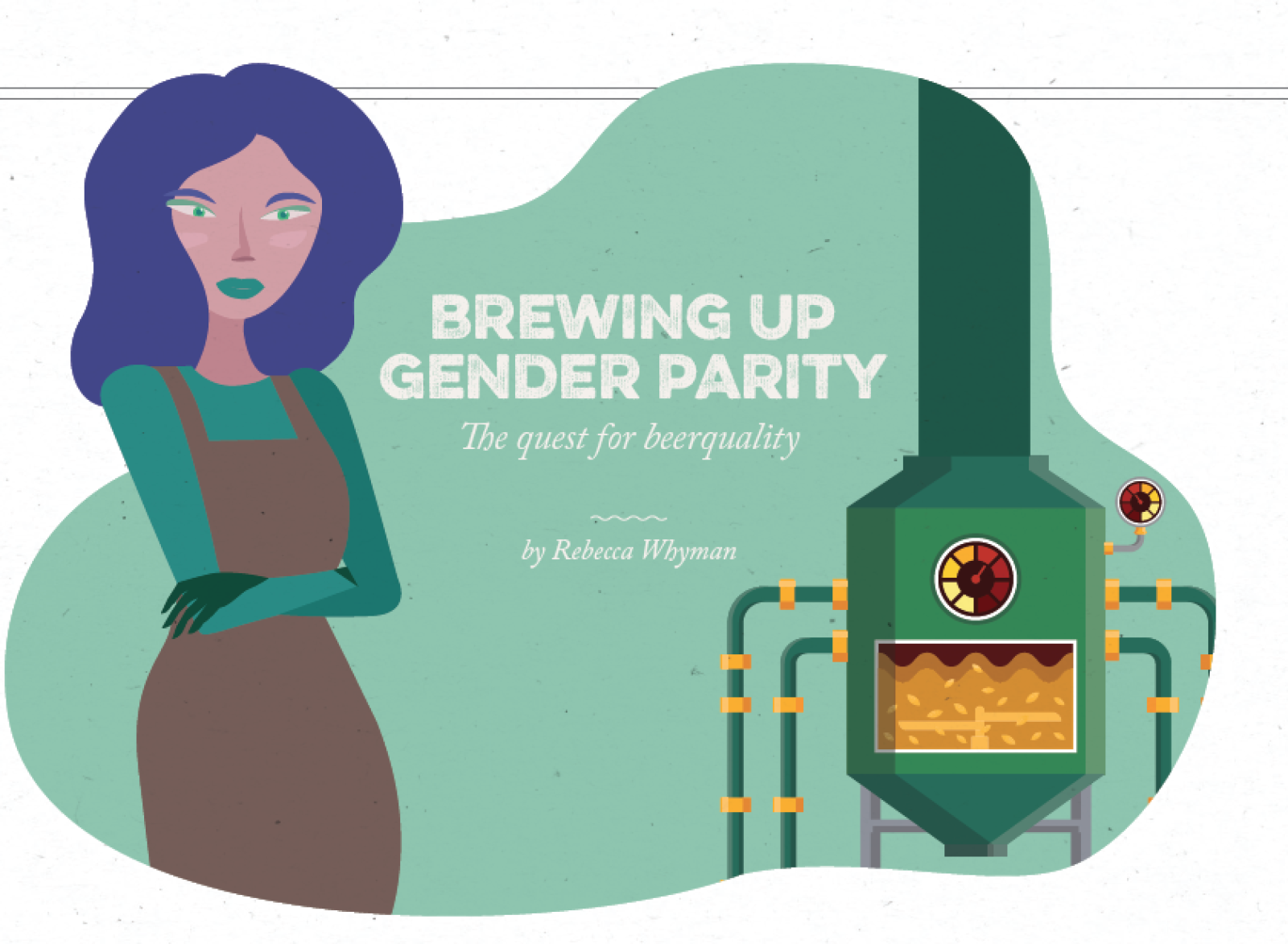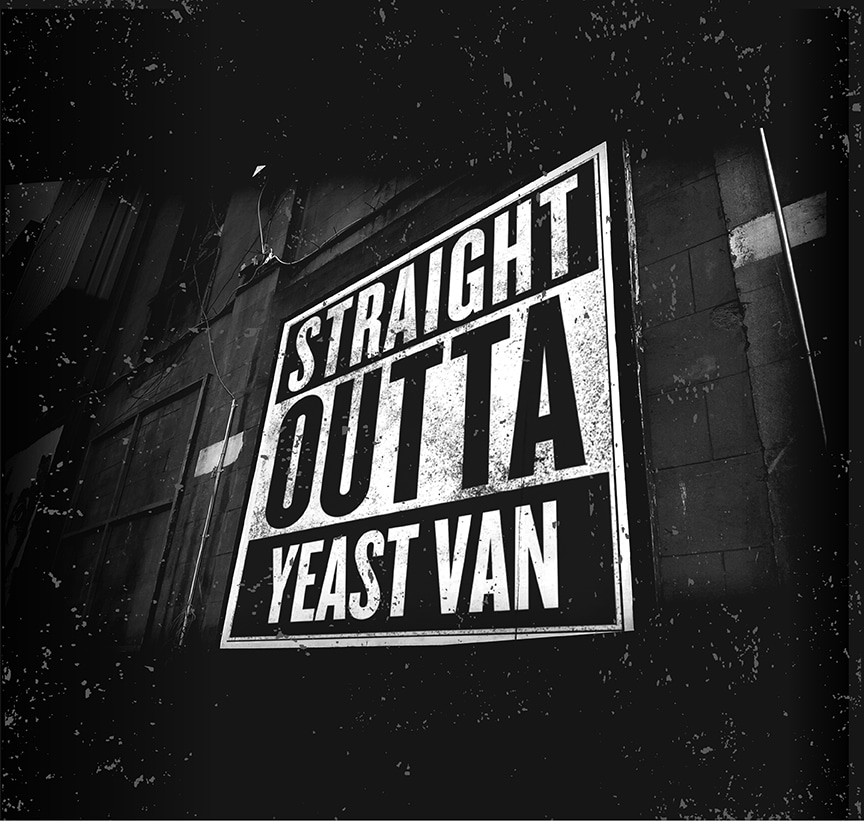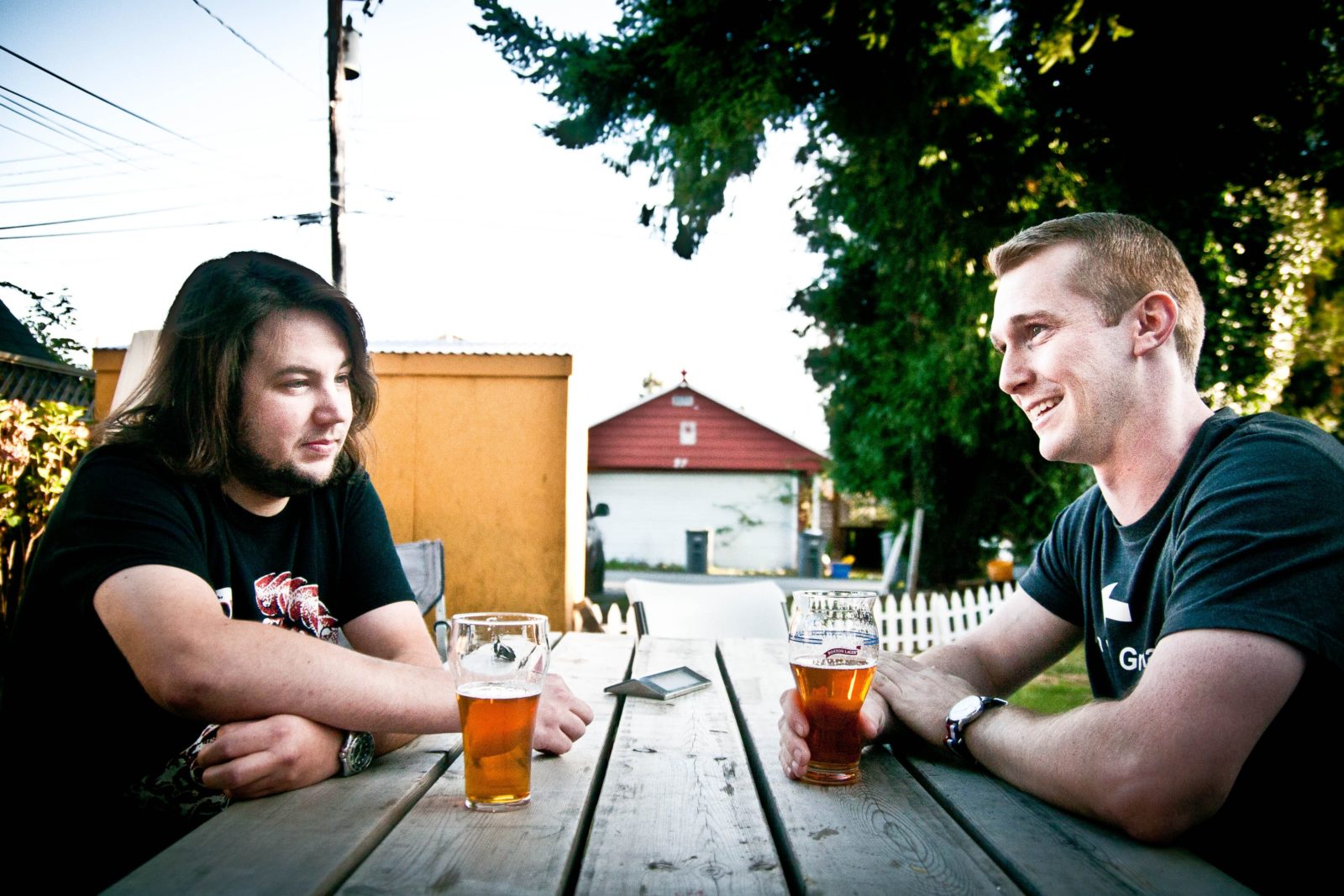
Women are markedly underrepresented in craft beer. This is not news to anyone. But have you ruminated on just how large the gender gap is? A 2018 survey by Nielsen-Harris found American craft beer drinkers are 68.5 per cent male and 31.5 per cent female. Closer to home, BeerMeBC’s 2018 survey had those numbers at 71 and 29 per cent, with 0.32 per cent identifying as “other.” For those not so strong in the math department, that means that there are only three women drinking craft beer for every seven men. If you were a straight man looking for a date, you wouldn’t like those odds at all. And I can tell you, as one of those three women, it’s not much fun being outnumbered everywhere I go to enjoy my beloved craft beer, delightful as those seven men may be.
Drinking craft beer is the easy part—when we move into the sections of craft beer world that involve actual effort, the gender divide gets even larger. How many female brewery owners, female brewers, and female beer reps can you name? I know from personal experience that when I’m at an event like the B.C. Craft Brewers Conference I feel like I can count the number of women present on my fingers.
Current enrollment at Kwantlen Polytechnic’s brewing program is at an 82/18 split (up from 93/7 in 2014). While the gap has been narrowing over the years, it remains a very visible reminder for every woman in that program that she’s still a novelty. Moving from alewives to less than 1/5 of the brewers-in-training, women have “come a long way baby.” Too bad it’s in the wrong direction.
These disparate numbers are great news for marketers, who love an untapped population. Rather than try to understand their target audience, too often they have relied on stereotypes and gone with “pinking” beer. Case in point: Aurosa’s #beerforher in 2017. The campaign exhorted women to “toss away all preconceptions and be yourself.” But, being yourself required drinking a beer that their preconceptions said would appeal because it comes in an “elegant designer bottle” that doubles as “a vase for fresh-cut flowers.” Really??!
The numbers are a bitter enough pill to swallow, but wait, we’re not done yet. A recent Stanford University study found that gender stereotyping significantly affects the way we evaluate products. People have an unconscious bias against women-made craft beer.
The research also found that when consumers were told the woman-brewed beer had won awards, it was rated as highly as if it was brewed by a man. Winning an award vouched for the competence of a woman. I’m not sure if I want to encourage breweries to enter more woman-brewed beers into contests so they can win awards, or if I want to cry at the ridiculousness of needing outside validation to believe women can be great brewers.
On a happier note, the Stanford study discovered that gender bias doesn’t happen when the consumer is a beer expert. In that case, the beer is judged on its merits, not by who brewed it. That gives me such hope for craft beer—you go, fellow beer nerds!
So, how do we bring about gender parity? I wish there was an easy three-ingredient recipe we could whip up. Alas, I don’t think the world will become enlightened overnight. But here are a few things I suggest we could all do to bridge the divide.
Welcome women to craft beer
- Let’s get rid of all the sexist beer names and labels.
- Lose the stereotypes—women like hoppy IPAs and imperials too!
- Invite people in. To paraphrase diversity champion Ren Navarro, it’s not enough to allow space for others in your tasting room or brewery, they need to know they’re invited, how to access the space and that they’ll be safe when they’re there.
- Put baby change stations and under table hooks for purses and jackets in tasting rooms (thank you, readers, for this feedback on my previous article!).
Make your workplace more hospitable
- Assume competence. Don’t wait for an award to believe a woman knows what she’s doing. Don’t second-guess her knowledge or physical ability to do the job.
- Start the conversation. Invite the women currently working at the brewery to tell you about barriers you’re not aware of, and how they think they could be removed. And—this should go without saying, really—listen to what they tell you. Their experiences are valid, whether you can relate to them or not. It’s not a slight against you that you don’t know what you don’t know. But once you do know, do something about it!
- Think before you speak. Stop making jokes and comments at the expense of others. If you hear someone else doing so, call them on it. It really sucks for anyone to have to laugh off inappropriate jokes to keep the workplace harmonious.
- Networking. Send more of your female employees to brewers’ conferences and the like.
Be impeccable with your word
Women, millennials, and anyone wanting to be taken seriously do themselves a disservice by equivocating. Don’t offer an opinion with one hand, then take most of it back with the other. You don’t sort-of-maybe-kind-of want people to respect you.
Counteract your gender bias. Start approaching everyone as a “them” until their gender is confirmed to you (i.e. when someone tells you the new brewer at XYZ comes from Halifax, rather than ask when “he” moved here, ask when “they” moved here.) It’s a great tool for addressing gender bias, with the added bonus of keeping you from misgendering non-binary folks.
After we’ve done all the hard work, how will we know we’re getting close to gender parity? Here are some possible indicators:
- Female brewers are referred to simply as brewers.
- In a mixed group of beer professionals, the women are considered just as likely to be the brewmaster.
- Special brew days for women are no longer needed, it will just happen organically that a batch or 50 ended up brewed by an all-woman crew, from a single brewery or as a collaboration.
- Barkerville Brewing will no longer be remarkable for its mostly female staff.
- No marketing person will ever again say “let’s attract women by pinking beer.”
It will be a glorious day when it arrives. Cheers to beerquality!




